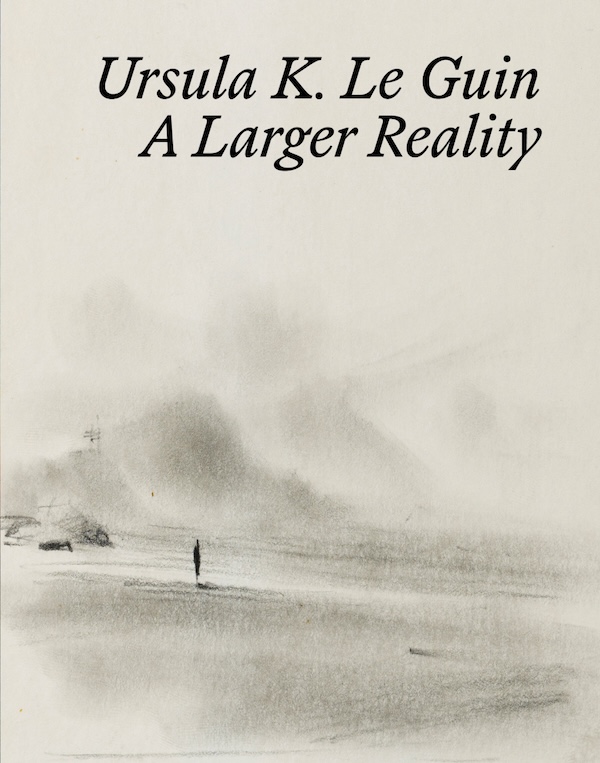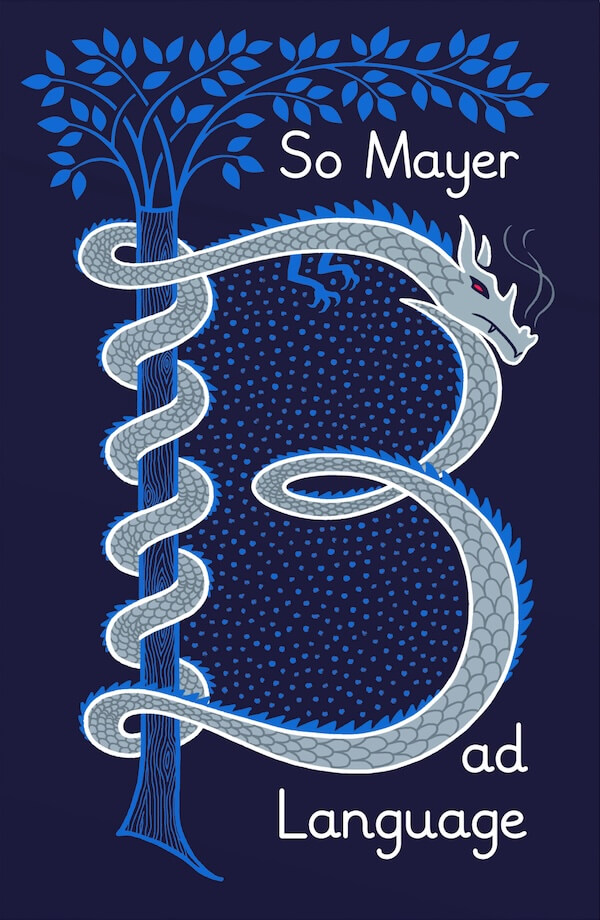
Ignota Diary 2022
Ignota ed.
The Ignota Diary is a tool for discovery in the practice of everyday life.
The Ignota Diary is a tool for discovery in the practice of everyday life. This beautifully designed diary and week-to-view planner is filled with historically significant magical and sacred dates from around the world. Drawn from events such as the Buddha’s birthday, esoteric festivals and artistic and occult history, the diary touches on the lives of characters such as Ursula K. Le Guin, Ithell Colquhoun, Zora Neale Hurston, Carl Jung, Simone Weil, Leonora Carrington, Maya Deren, Aleister Crowley, George Bataille, Timothy Leary, Hilma af Klint, Saint Hildegard of Bingen, William Blake, W.B. Yeats and Octavia Butler.
The diary provides full astrological navigation for 2022 with an overview of the year, a birthchart template and guides to moon magic, houses, planets and symbols. Key transits, retrogrades and lunar phases, noted throughout the planner, allow you to organise your life in alignment with the astrological weather, visible at a glance. A global map showing sacred sites provides inspiration for transformative pilgrimages.
Language: English




